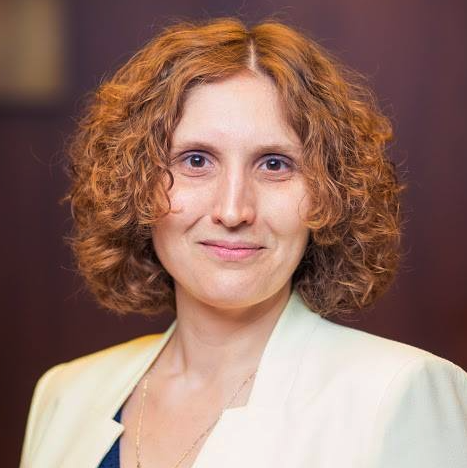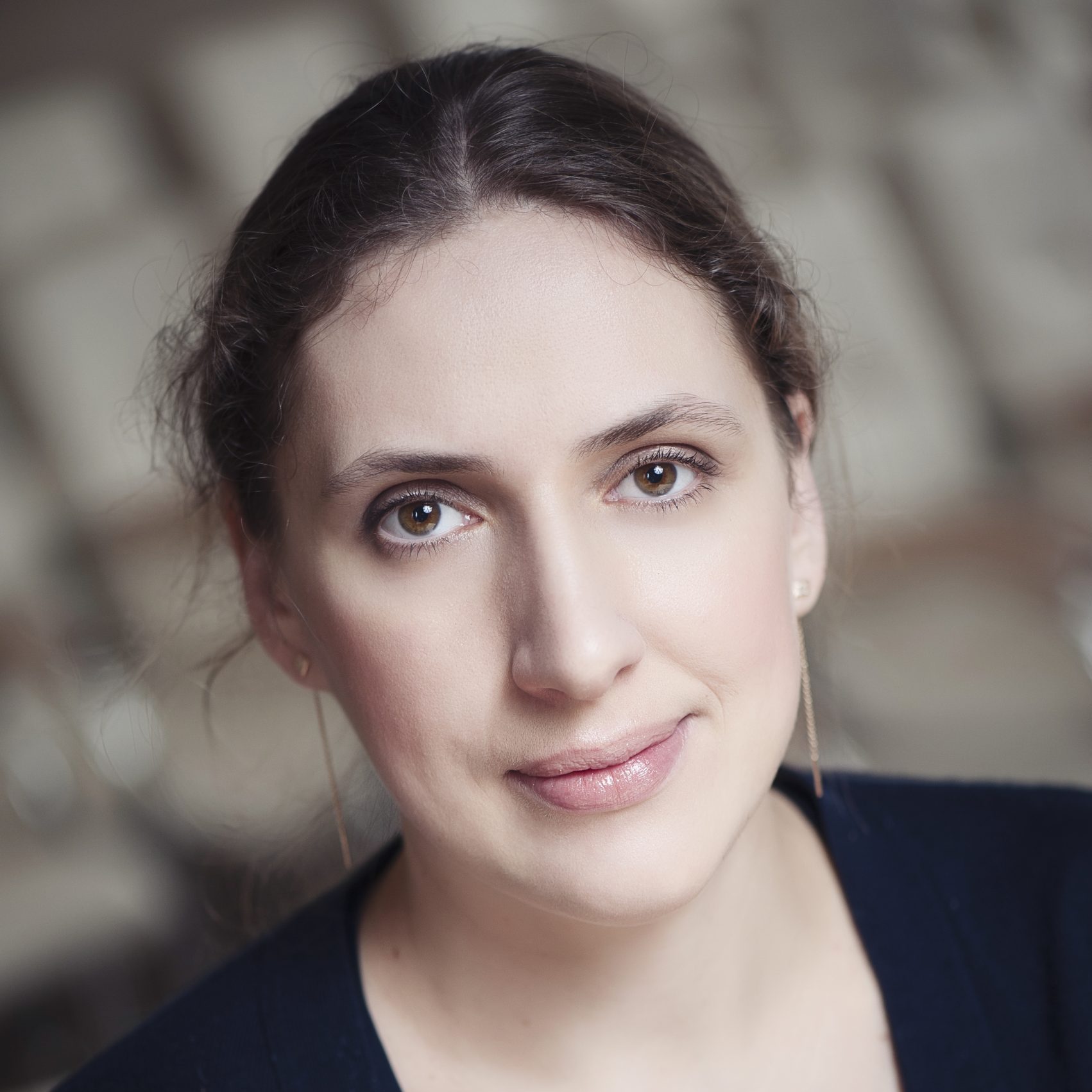We, as economists, are concerned with efficient use of resources – i.e. such use which ensure the greatest return per each hryvnia spent. We have written this letter to draw your attention how the healthcare reform led by Ulana Suprun has either already moved us to a more efficient use of limited healthcare funding or has a great potential to do so in the near future. If you agree with our arguments, please add your signatures to this letter.
This letter is a personal opinion of the authors, it did not pass the VoxUkraine peer-review process.
Since early 1990s Ukraine has been falling deeper and deeper in the state of severe population health crisis. Our country is a one of the world “leaders” in total mortality, and what is more important dire dynamics in terms of avoidable mortality among comparable post-Soviet countries. These are the deaths for which healthcare system can be held accountable – deaths from diseases which can be prevented or effectively treated with the existing state of medical technology (through vaccination, early detection and proper treatment).
Lagging far behind many European countries on this indicator and being squeezed in terms of available funding, Ukraine clearly needed a completely revamped health care system.
Under such circumstance the best model to follow would be that of the United Kingdom National Healthcare System (NHS), which for many years in a row has been judged the best, safest and most affordable healthcare system out of 11 countries analysed and ranked by experts from the influential Commonwealth Fund health think-tank. UK has the highest health care system performance compared to spending – which is the best measure from an economics perspective and the one which is most important for countries with limited resources, like ours. This means that despite some existing shortcomings, the NHS gives the best return per pound spent on healthcare. By the way, avoidable mortality in the UK is four times smaller than that in Ukraine. Thus we support the restructuring of Ukraine’s healthcare system along the NHS model which inspired many changes implemented by the Ministry of Health team for over two years.
Here are the key features of the healthcare reform led by Ulana Suprun, which have the potential to get us closer to the desirable population health outcomes:
- Honest acknowledgement of the limitations of the existing funding, which makes it impossible to demand free delivery of all needed healthcare (as people are not prepared to contribute more into the system, they have to admit that there is a limit to what they can receive out of the system). Lack of such acknowledgement and acceptance of this reality by the population provides fertile ground for populist speculations and effectively stops any reform effort.
- Shift from financing a medical institution to financing services provided to a patient. This provides enormous opportunities for increasing returns in terms of improvements in health per each hryvnia spent – by creating incentives for healthcare establishments to keep and maintain assets which are needed for delivery of services.
- Adoption of internationally recognized scientific-based protocols for diagnosis and treatment, which will eventually become mandatory. This again will provide great improvement in efficiency by allowing to eliminate unnecessary tests and procedures as well as treatments which have not been shown to lead to improvements in patients’ outcomes.
- Introduction of the National Registry of Essential Medicines. Although subject to the available budget, this is an honest way to improve access to treatment for most vulnerable population groups, as well as reduce the cost of treatment via reference pricing.
- The start of the reform from the Primary care has a potential to lead to a more efficient use of resources via timely prevention, early detection and proper channeling of patients towards specialists and services which are justified by the condition.
- Shift to a greater managerial and financial autonomy of healthcare facilities and flexibility in setting remuneration of medical personnel. These changes will bring in much needed competition among doctors and hospitals and create incentives for professional development and attraction of talents, which will lead to improvement in both quality of services and use of resources.
- Reorganization of the emergency medical services, highly specialized care and development of transplantology. These changes will lead to a more efficient use of resources in especially complicated cases by (i) better identification of such cases, (ii) more intensive use of expensive equipment and highly qualified personnel, and (iii) savings on medical treatment in other countries.
- Development of the Public Health System. This is the system which recognizes that population health does not only derive from the formal healthcare system, but also from other systems beyond the medical realm. By recognizing this intersectoral contribution, Public Health System works towards modification of health affecting behaviours, development and introduction of mechanisms for disease prevention, ensuring equal access to services for vulnerable population groups and, thus, working towards improvement of early diagnosis, as well as engagement of various organizations which can be instrumental in improvement of population health, etc.
- Reform of medical education aimed at increase of quality of future healthcare workers.
- Reform of government procurement of medicines. Temporary shift of procurement to international organizations already allowed to save up to 39% of funds. In 2019 procurement will be permanently assigned to a specialized government agency and performed via electronic auctions.
These are the major initiatives which have either already led to a better use of available resources or have a great potential to do so in a foreseeable future. We wholeheartedly support such developments and the team which has been pushing for their implementation, along with its leader – Ulana Suprun, who has long deserved to be confirmed as a Minister of Health – the most productive Minister of Health in the history of independent Ukraine.
We invite all those who support the ongoing reform and Ulana Suprun its engine to add their signatures to this letter.
This letter has been signed by:
- Olena Nizalova, VoxUkraine, University of Kent
- Ilona Sologoub, VoxUkraine, KSE
- Larysa Voloshyna, journalist
- Roman Basalyha, VoxUkraine
- Olga Marchenko, self employed
- Borys Davydenko, LIGA.net
- Olga Nikolaieva, KSE
- Maksym Skubenko, VoxUkraine
- Kateryna Bornukova, BEROС
- Elena Besedina, KSE
- Max Moskalenko
- Oleksandr Zholud, VoxUkraine
- Sergii Kiiashko, KSE
- George Vyshnya, CTO, SBC
- Valentyn Hatsko, UA:PBC
- Andriy Radomskyy, Bayer
- Katerina Lisenkova, RBS
- Oleksandr Talavera, University of Birmingham
- Maksym Ivanyna, IMF
- Maksym Sukhar, business consultant
- Oksana Basalyga, Abbott
- Andy Zapechelnyuk, University of St Andrews
- Serhiy Kandul, University of Neuchatel
- Oleksandra Antonova, Clarendon Sixth Form College
- Olga Kupets, KSE
- Olha Yolkina, Ciklum
- Olga Pindyuk, Vienna Institute for International Economic Studies
- Dariya Mykhayliv, University of Bradford
- Iryna Piontkivska, Centre for Economic Strategy
- Yuliia Mincheva, VoxUkraine
- Dr Erica Gadsby, University of Kent
- Prof. Nataliia Kussul, Space Research Institute NASU-SSAU
- Alina Kudina-Lundstrom, City University
- Oleksiy Bardyeyev D.V.M., C.V.A., veterinarian
- Dariia Mykhailyshyna, Centre for Economic Strategy
- Vladlena Russova, ЧНУ імені Петра Могили
- Tymofiy Badikov, ГО «Платформа Здоров’я»
- Fedir Lapiy, ГО «Батьки за вакцинацію»
- Dariia Mykhailyshyna, Centre for Economic Strategy
- Eugénie Kulozhenko, BNP Paribas
- Olena Bilan, VoxUkraine, Dragon Capital
- Volodymyr Shportyuk, National University of “Kyiv-Mohyla Academy”
- Oleksandra Betliy, Economist at Міністерство фінансів України
- Lenka Talavera, NHS Improvement
- Tetyana Tyshchuk, VoxUkraine, Institute of Economics and Forecasting, NASU
- Oleksandr Shepotylo, Aston University
- Otto Stoyka, Київський міський Центр здоров’я
- Denys Nizalov, VoxUkraine
- David Menabdishvili, Simcorp Ukraine LLC
- Galyna Gych, МОІППО
- Larysa Krasnikova
- Kateryna Zharikova, ПАТ КРЕДІ АГРІКОЛЬ БАНК
- Borys Gubanov, Луганський обласний центр дитячо-юнацького туризму і краєзнавства
- Tatyana Gvozdiova, KSE
- Anna Ahundova, Миколаївський коледж бізнесу і права
- Volodymyr Vakhitov, KSE
- Maksym Sukhar, бізнес-консультант
- Oleksandr Shliuganov, Хмельницька АЕС
- Igor Semenenko, ПрАТ Київобленерго
- Hanna Vakhitova, KSE
- Dmytro Yablonovsky, Centre for Economic Strategy
- Sophia Senchuk, Укртелеком
- Olga Romaniuk, пенсіонер
- Lesia Tymkiv
- Olga Shamrai
- Tetiana Kulagina
- Iryna Naidenova
- Galyna Oliynyk
- Nadia Kalennyk
- Vasyl Vakarenko
- Sergiy Kypich
- Anna Alexeenko
- Liudmyla Bublyk
- Arkadiy Druker
- Nataliya Levenets
- Olena Gres
- Tetyana Globa
- Larisa Biblaja
- Eva Zaklunna
- Olga Meshkova
- Valentyna Kasianenko
- Oleg Fokin
- Mihail Stoyko
- Oresta Tarnavska-Senko
- Natasha Maznichenko
- Vladimir Rapov
- Svetlana Boberskaya
- Borys Kolomyichuk
- Svetlana Olhovska
- Yaryna Ivanova
- Nikolay Shchur
- Viktoriya Pogorilyak
- Alla Kisilevska
- Valentyna Gladchenko
- Nadia Chygyna
- Evgen Chygyn
- Roman Koziy
- Galia Chubok
- Olga Kashalaba
- Maria Gryn’
- Nataliya Gvozdanna
- Oleksandr Sakhatskiy
- Oleksandr Menchinskiy
- Olena Yatsina
- Vasyl Shapar
- Natalia Sergienko
- Vira Tyvodar
- Vasyl Tyvodar
- Alla Markovych
- Klavdia Molchanova
- Larysa Diordieva
- Volodymyr Diordiev
- Liudmyla Shchetinina
- Sveta Tamarova
- Svitlana Mykhailova
- Iryna Torgovenko
- Inna Serbin
- Yaroslava Terekh
- Viktor Dmitrovych
- Yuriy Lymar
- Nataliya Yukhimenko
- Svitlana Savchenko
- Olga Novitskaya
- Larysa Kovaleva
- Anna Semerenko
- Darusia Kozak
- Liudmyla Belezhinskaya
- Maria Babak
- Mykola Shepelya
- Alexandr Mitin
- Zhanna Zozulya
- Maria Bilous
- Tetyana Yurieva
- Igor Lektiy
- Andriy Ponochevny, IT
- Oleksandr Voloshyn
- Maria Yar
- Nataliy Mochulska
- Galyna Skuibida
- Tetyana Lyashenko
- Anna Kravchuk
- Alla Markovych
- Klavdia Molchanova
- Zebo Babaeva
- Olena Tarasenko
- Natalia Demchenko
- Mariya Rura
- Lesya Kovalchuk
- Bogdan Bily
- Katerina Olkhovska
- Tetyana Rybalchenko
- Vasyl Nykolaychuk
- Iryna Usyk
- Liudmyla Kryvenko
- Yuriy Nikolayevych
- Svetlana Ivashchenko
- Vitaliy Volotovskiy
- Mycola Tymchyk
- Olena Dzhura
- Dmytro Bilokonniy
- Alexander Kurbanov
- Mariya Furtak
- Volodymyr Rurka
- Yuriy Fotikov
- Nina Dovbenko
- Natalya Shchukina
- Nadia Rasiak
- Svitlana Freylykhman
- Irena Dushna
- Hanna Dziuba
- Tetyana Pavlenko
- Petro Babiy
- Evgeniya Pozhidaeva
- Aleksandr Halfin
- Viktorya Naumova
- Natalia Brizh
- Anna Kogut-Skrypynets
- Ryta Dobrovolskaya
- Natalya Sevruk
- Halyna Vysochanska
- Mikail Gazuda
- Lidiya Marynevich
- Hanna Ruchay
Attention
The authors do not work for, consult to, own shares in or receive funding from any company or organization that would benefit from this article, and have no relevant affiliations




